
Members of the Karachi Chamber of Commerce and Industry (KCCI) were taught a new lesson in commerce on Monday: demanding taxation on agriculture is unreasonable because ‘landlords pay taxes through wages to their farmers’.
Addressing KCCI members in a pre-budget meeting, Sindh Minister for Finance Syed Murad Ali Shah claimed landlords hand over 50% of crop output to farmers, which leaves them with very little taxable income. “We are taxed through higher wages; unlike the industrialists who pay just about 15% of total cost in salaries,” Shah maintained.
His claim drew loud protests from KCCI members. The provincial finance minister was duly informed that tax is payable as per a pre-determined rate on an individual’s income bracket; regardless of whether the landlord’s income is less or more than that of an industrialist.
Shifting gears with overall sentiment, Shah moderately appeased the meeting when he maintained that Sindh reserved the right of first use over natural resources found in the province.
“We want the Punjab government to follow the constitution, which says the province where the wellhead of a gas reservoir is located should be given priority in fulfilling its energy needs,” he said.
The minister refused to reveal anything specific about the upcoming budget; claiming he was under oath to not disclose details before the provincial assembly’s budget session. The minister also claimed that the solution to the energy crisis lay in utilising the Thar coal reserves.
Earlier, KCCI members suggested that provinces should collect taxes and pay the federal government its share; instead of the federal government collecting taxes from provinces directly and then disbursing their respective shares. The minister agreed to the proposal, saying the PPP had voted in favour of a similar resolution in the provincial assembly in 2003.
In response to complaints that the Karachi Water and Sewerage Board (KWSB) charged them up to Rs140 per thousand gallons of water – as opposed to Rs50 per thousand gallons that Punjab-based industrialists paid to their water authorities – Shah said KWSB had recovered only 30% of the amount it billed every year. “The Sindh government has to bail it out time and again,” he stated. When asked why KWSB had such a poor recovery record, he said it was “another matter”.
One businessman drew attention towards enhancing run-of-the-river electricity generation, saying that Sindh can easily produce up to 200 megawatts (MW) of power if the government starts developing sites already identified. The finance minister, however, disputed that a 200MW capacity was achievable; saying the potential from such electricity sources was far less than that.
The KCCI office-bearers appreciated efforts of the Sindh Revenue Board, which has so far collected up to Rs19 billion in sales tax on services, against the annual target of Rs25 billion. They also recommended that the body be designated the sole tax-collecting authority for all goods and services produced in the province.
They also proposed that in order to rationalise the power tariff, Sindh should determine it independently without interference from the National Power Regulatory Authority.
Published in The Express Tribune, May 22nd, 2012.
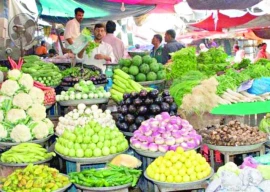
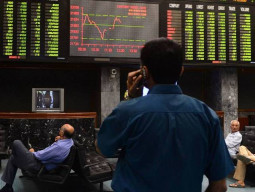

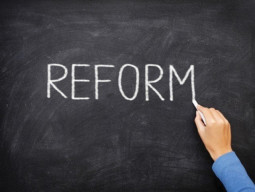
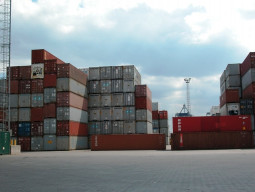



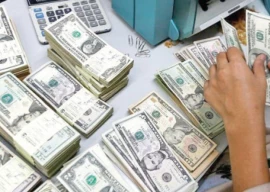


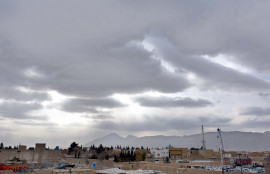






COMMENTS
Comments are moderated and generally will be posted if they are on-topic and not abusive.
For more information, please see our Comments FAQ